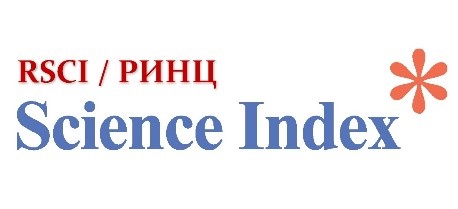Discretization of solutions of partial differential equations in the context of the Computational (numerical) diameter
Views: 373 / PDF downloads: 145
Keywords:
Computer (computational) diameter, , discretization of solutions of partial differential equations by accurate and inaccurate information, limit errorAbstract
Since 1996, the idea of a Computational (numerical) diameter has been consistently developed, the goal of
which is to optimally computer process models of mathematical models in real conditions of distorted data.
The C(N)D-scheme, in our opinion, determines the refined organization of research in Approximation theory, Computational mathematics, and Numerical analysis.
The paper is devoted to the coverage of the C(N)D -approach in the theory of partial differential equations. The examples
of the historically original Laplace, Poisson, heat conduction, wave and, relatively recently Klein-Gordon equations give
theorems as illustrative results of the quality and efficiency of C(N)D-productions.
The presented materials can serve to continue the study of the optimal discretization of solutions of partial differential
equations with further expansion and deepening of the proposed direction.







